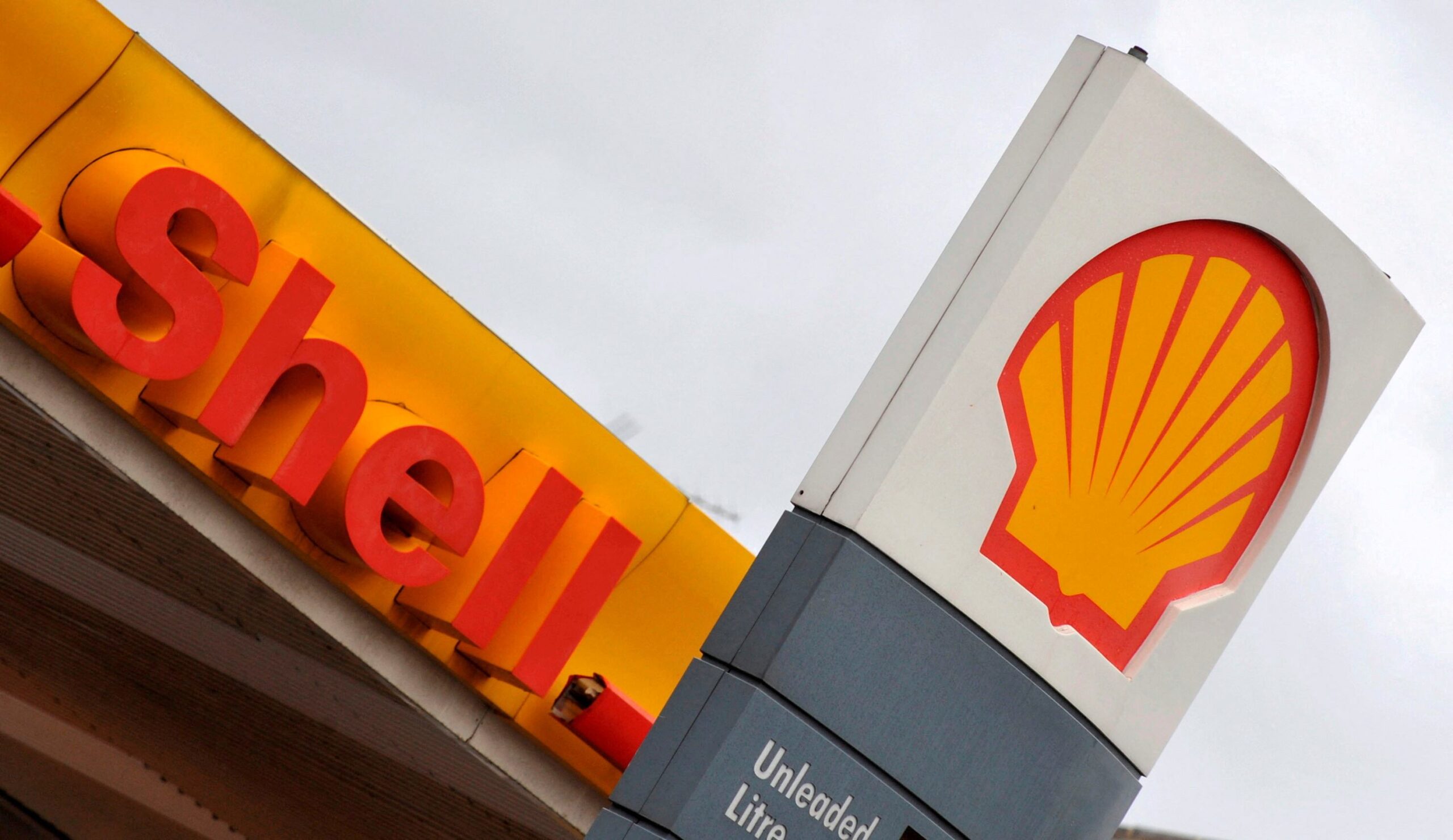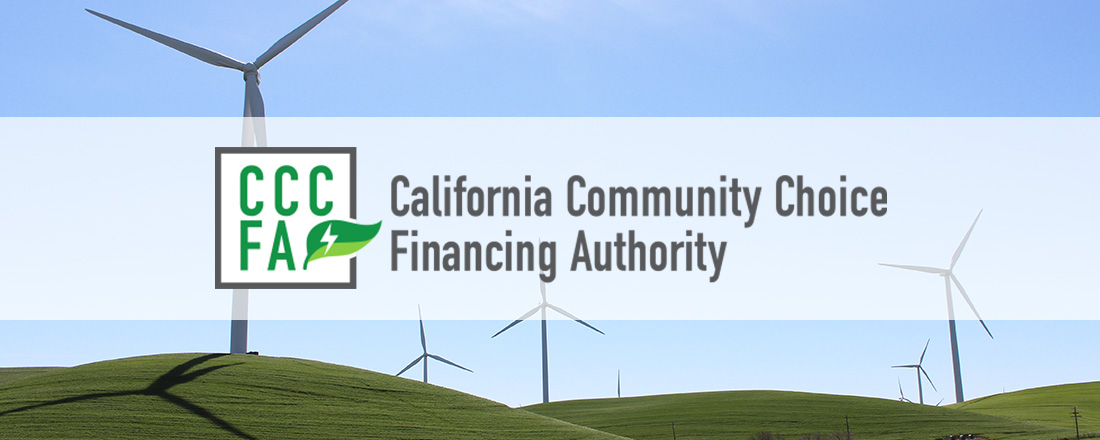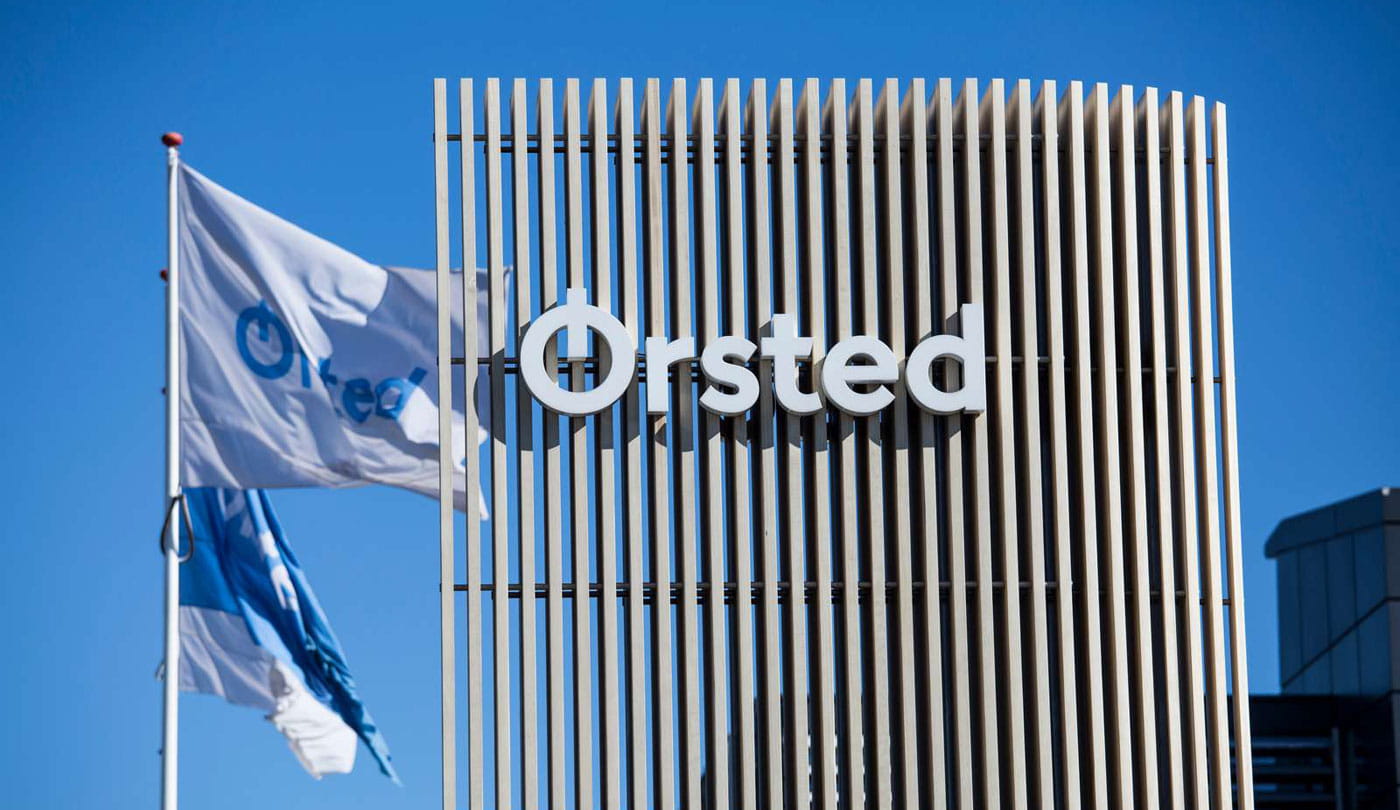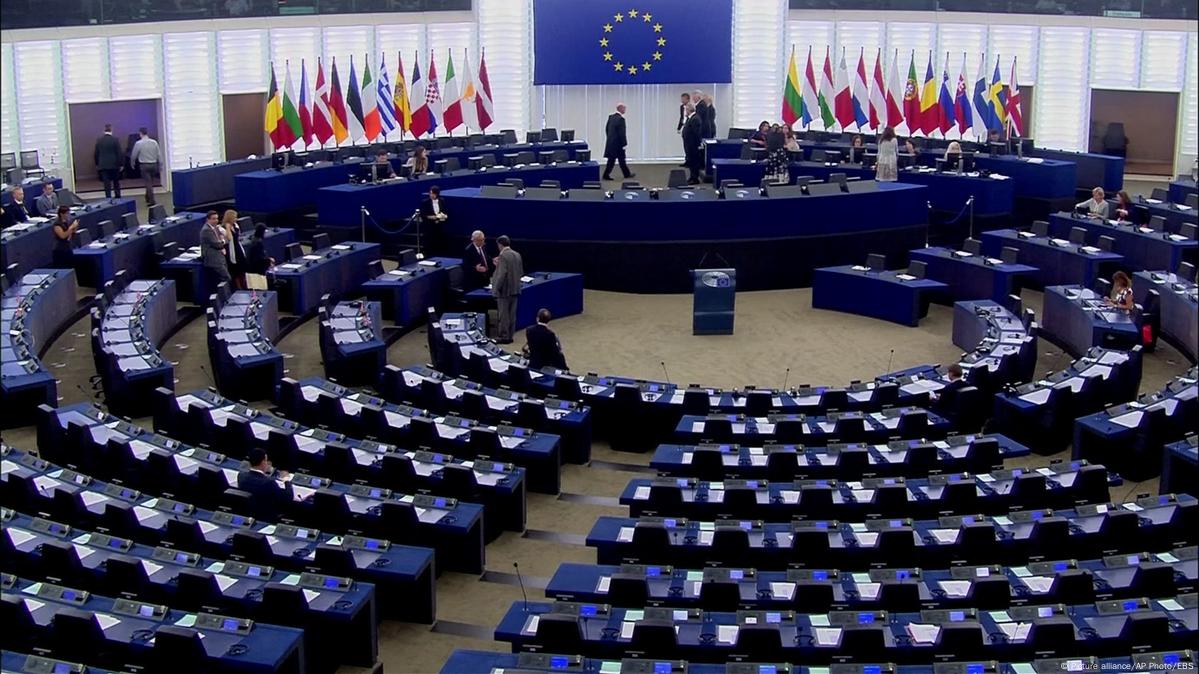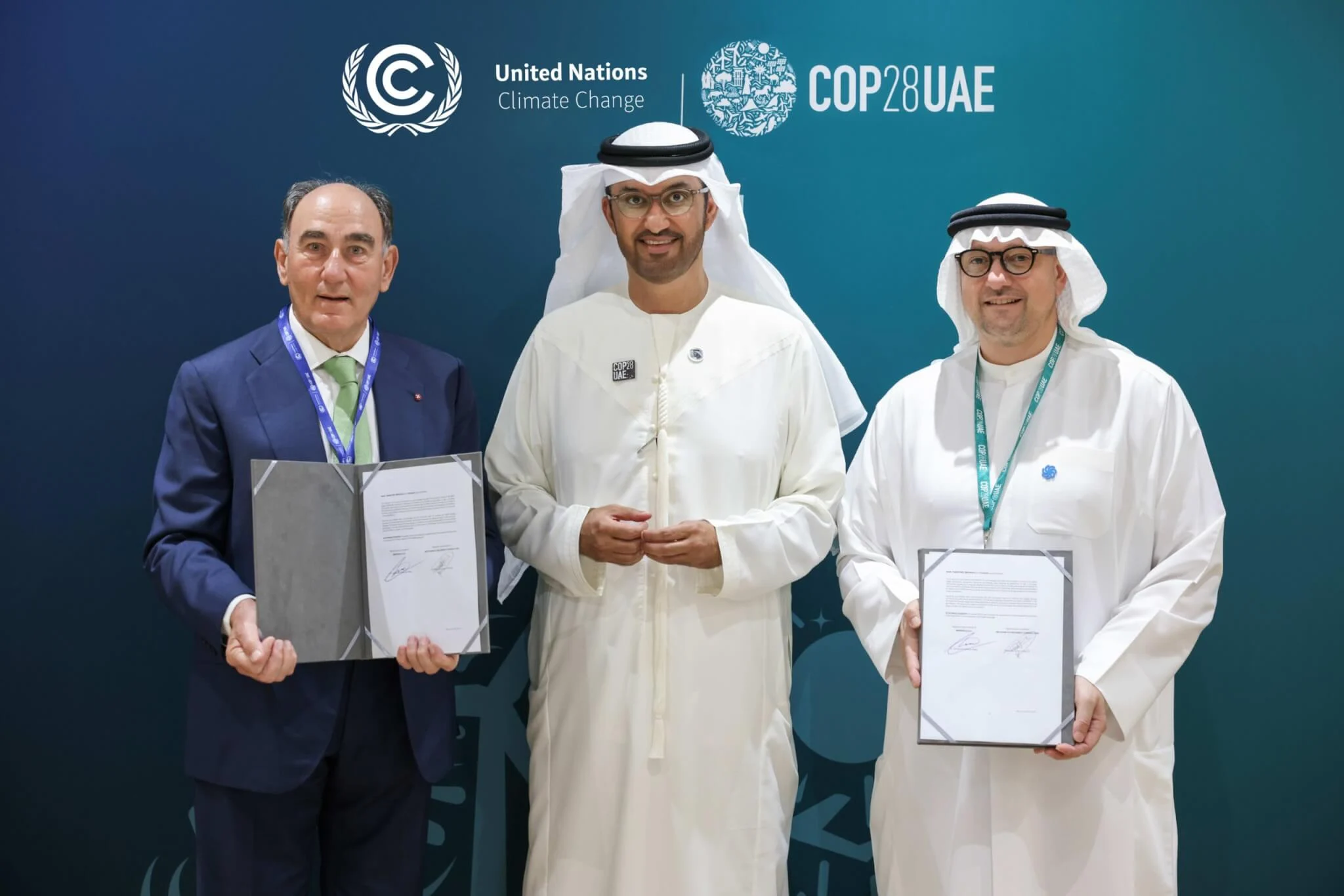EU Commission Approves €460 Million to Support ArcelorMittal Decarbonise its Steel Production
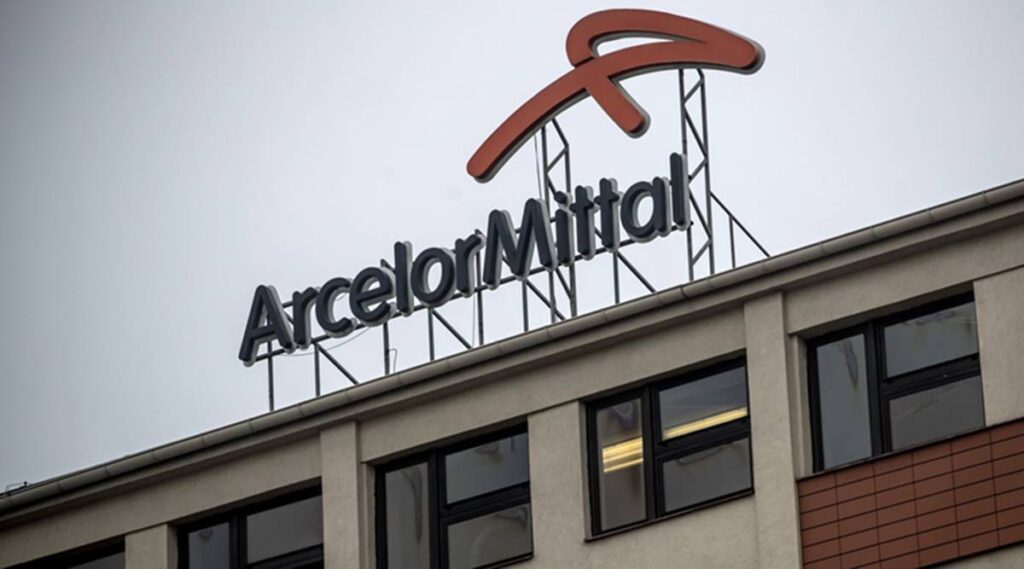
|
Listen to this story:
|
The European Commission has approved, under EU State aid rules, a €460 million Spanish measure to support ArcelorMittal España in partially decarbonising its steel production processes. The measure will contribute to the achievement of the EU Hydrogen Strategy and the European Green Deal targets, while helping to reduce dependence on Russian fossil fuels and fast forward the green transition in line with the REPowerEU Plan.
The Spanish measure
Spain notified to the Commission a €460 million measure to support ArcelorMittal’s project aimed to partially decarbonise its steel production in Gijón, where it operates two blast furnaces producing liquid hot metal from a mixture of iron ore, coke and limestone.
The aid, which will take the form of a direct grant, will support the construction of a renewable hydrogen-based direct reduced iron plant. Together with a new electric arc furnace, the plant will substitute the current blast furnace. Natural gas, initially used in the gas mix, will be gradually phased out of the steel production processes. Ultimately, the plant will be operated using renewable hydrogen with syngas produced from waste and metallurgical gases.
The plant is envisioned to start operating by the end of 2025 and it is expected to produce 2.3 million tonnes of low-carbon direct reduced iron per year. Once completed, the project is expected to avoid the release of 70.9 million tonnes of carbon dioxide. ArcelorMittal has committed to share the technical know-how gained through the project with other European steel producers.
See related article: EU Commission Approves €170 Million Danish Scheme to Support Renewable Hydrogen Production
The Commission’s assessment
The Commission assessed the measure under EU State aid rules, in particular Article 107(3)(c) of the Treaty on the Functioning of the European Union (‘TFEU’), which enables Member States to support the development of certain economic activities subject to certain conditions, and the Guidelines on State aid for climate, environmental protection and energy 2022 (‘CEEAG’).
Spain selected ArcelorMittal’s project in the context of an open call in 2021 to form part of an IPCEI on hydrogen technologies and systems. ArcelorMittal’s project intends to reduce greenhouse gas emissions in the energy-intensive steel sector. As aid for the reduction of greenhouse gas emissions, including through support of decarbonisation projects, is one of the main categories of aid allowed by the CEEAG, the measure was best suited for assessment under these guidelines.
The Commission found that:
- The measure facilitates the development of an economic activity, in particular the production of green steel. At the same time, it supports the objectives of key EU policy initiatives such as the European Green Deal, the EU Hydrogen Strategy and the REPowerEU Plan.
- The aid has an ‘incentive effect’, as the beneficiary would not carry out the investments in green steel production without the public support.
- The measure has a limited impact on competition and trade within the EU. In particular, it is necessary and appropriate to promote the production of green steel. In addition, it is proportionate, as the level of the aid corresponds to the effective financing needs.
- The measure has sufficient safeguards to ensure that undue distortions of competition are limited. In particular, if the project turns out to be very successful, generating extra net revenues, the beneficiary will return part of the aid received to Spain (claw-back mechanism). Furthermore, the beneficiary will share the technical know-how gained through the project with other European steel producers. Finally, the project is subject to monitoring to verify its progress towards the objectives of CO2 emission savings, phasing out of natural gas and phasing in the renewable hydrogen.
- The aid brings about positive effects that outweigh any potential distortion of competition and trade in the EU.
On this basis, the Commission approved the Spanish measure under EU State aid rules.

